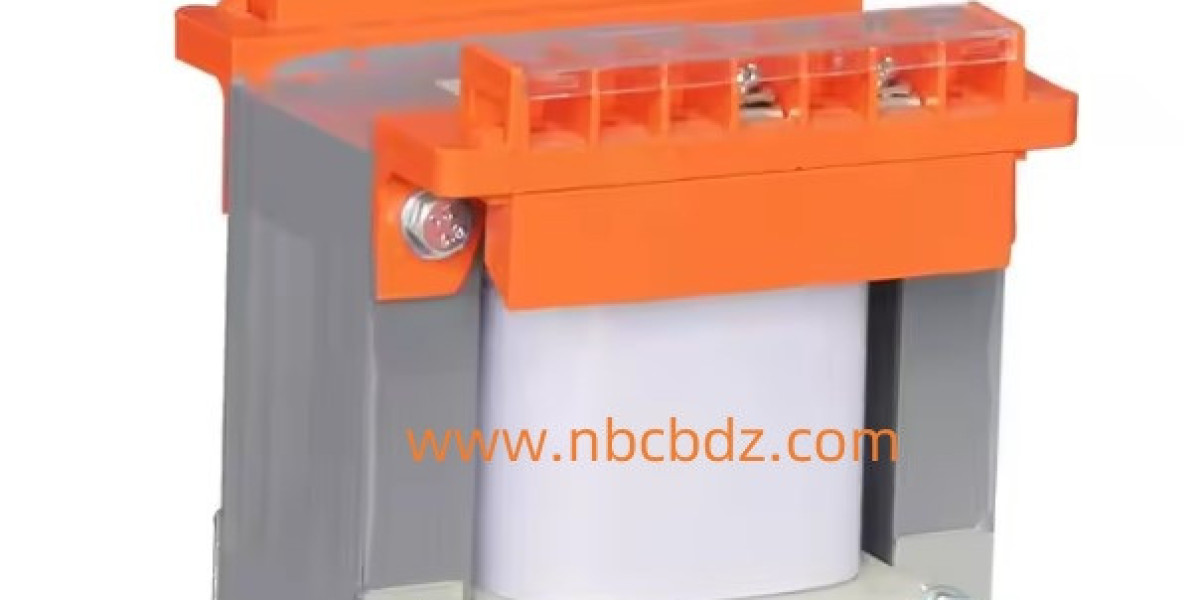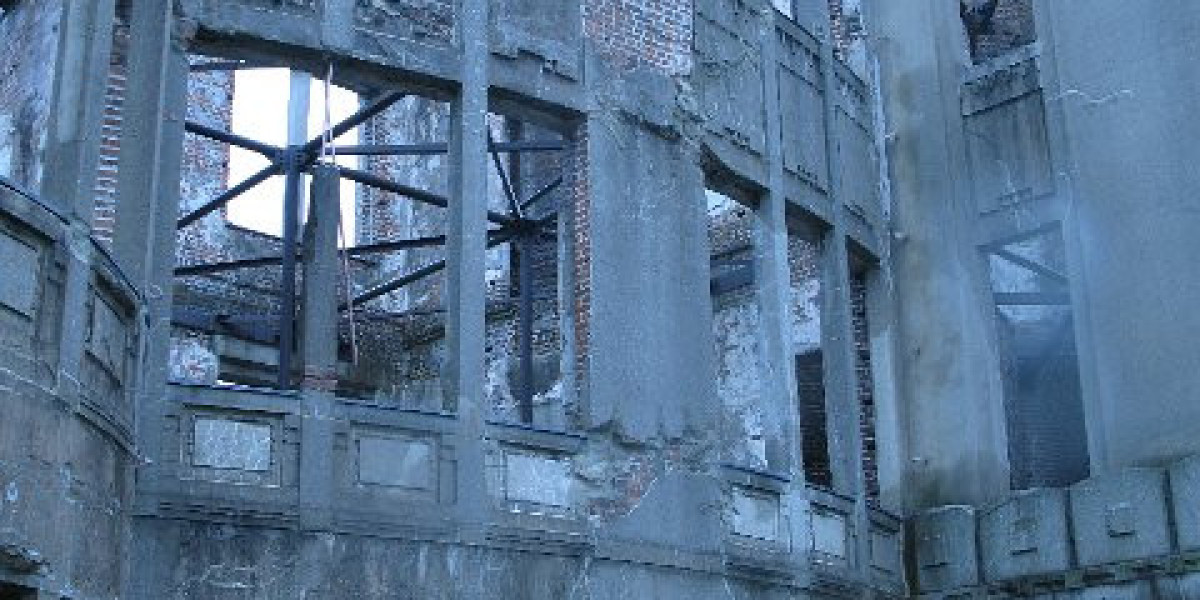In the modern power distribution landscape, the contribution of a BK Control Transformer Factory is essential to ensuring the stability and efficiency of electrical control systems across industrial and commercial environments. These manufacturing facilities play a critical role in developing components that support voltage regulation, energy conversion, and safe operation of automation and control circuits. By integrating precise engineering and consistent quality control, such factories help maintain the reliability of power systems used worldwide.
A well-organized production line focuses on creating transformers designed for reliable voltage transformation within control panels, machinery, and electrical distribution units. Each stage of the process—from core material selection to final assembly—demands precision and technical expertise. High-quality lamination materials and insulation components are used to minimize energy loss and reduce electromagnetic interference, ensuring the transformers function effectively in various operational environments.
Technology continues to reshape transformer manufacturing, with automation and digital monitoring enhancing production consistency. Automated coil winding, computer-assisted design, and real-time testing systems allow engineers to optimize performance and durability. This integration of digital tools not only reduces manual error but also increases manufacturing efficiency and quality stability, aligning with modern industrial standards.
Sustainability and energy efficiency are now central to production philosophy. By using recyclable materials and energy-conscious processes, manufacturers are reducing their environmental impact. Such eco-friendly initiatives reflect an industry-wide effort to balance performance with responsibility. The result is a product that not only supports industrial needs but also aligns with environmental and regulatory expectations.
One defining factor of success in this industry is customization. Different industrial applications require transformers with unique configurations, voltage levels, and insulation properties. Flexible production systems enable factories to meet these diverse requirements efficiently. By offering tailored solutions, manufacturers can support industries such as automation, lighting, and equipment control—each with specific technical demands.
Rigorous quality testing remains at the core of every manufacturing stage. Each unit undergoes electrical and mechanical evaluations, including insulation resistance, thermal endurance, and voltage stability tests. This commitment to quality ensures that transformers can perform reliably under continuous operation and varying load conditions, reinforcing confidence among users and distributors.
Collaboration between engineers, technicians, and clients enhances the design process even further. Through active communication and technical consultation, manufacturers are able to deliver solutions that optimize power performance and safety. This cooperative approach helps establish long-term partnerships while fostering ongoing innovation within the transformer industry.
In conclusion, a dedicated transformer production facility represents the intersection of precision, sustainability, and adaptability. With continuous improvement, digital innovation, and commitment to customer-oriented solutions, these factories contribute meaningfully to the development of efficient power systems worldwide.








